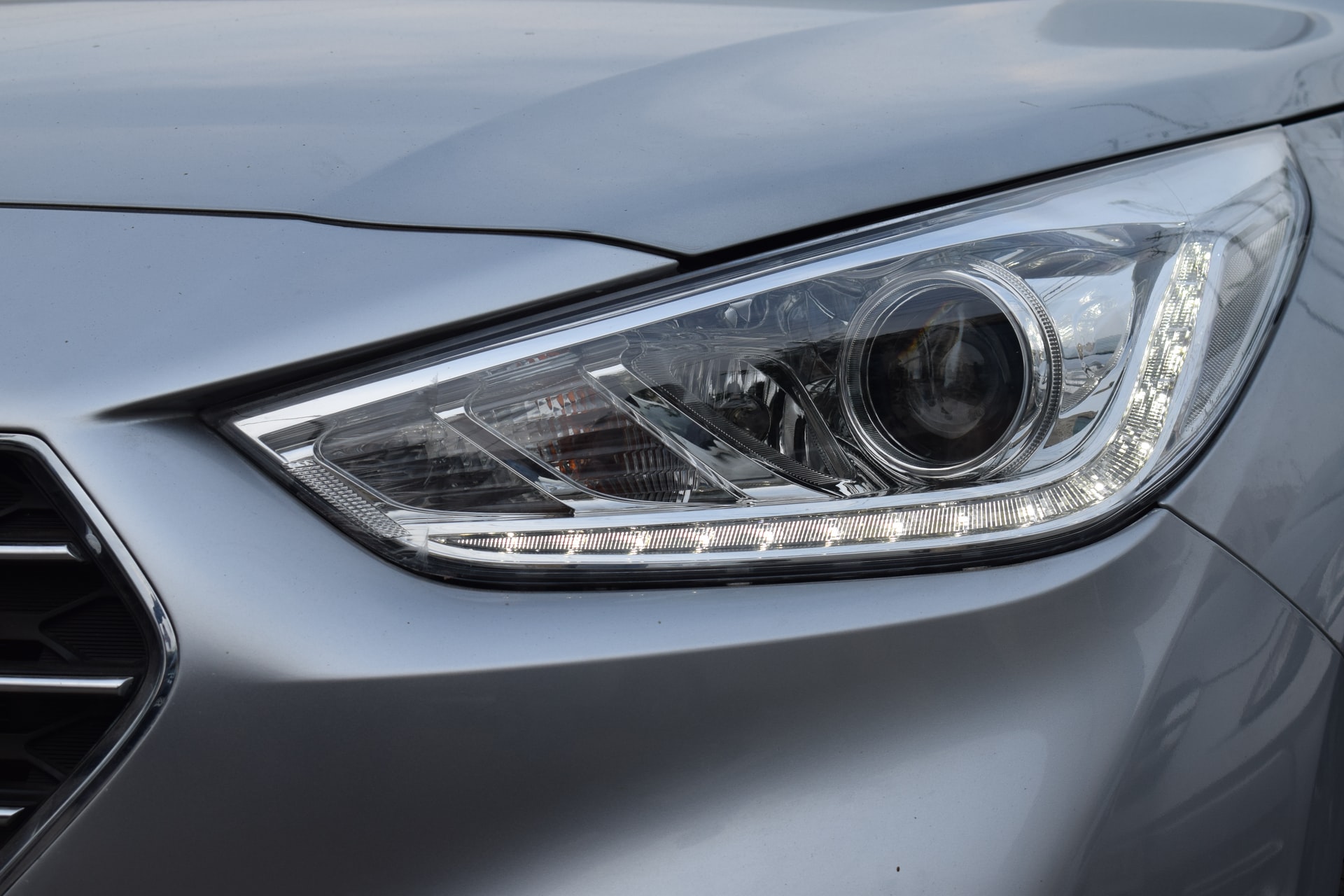
With fuel prices on the rise, many drivers are thinking about installing an LPG system in their car. Those who already have it, praise such a solution as very economical and convenient. What is it really like? When is the cost of such procedure paid off?
LPG installations have been popular among drivers for years. However, it is still quite a controversial topic that stirs up a lot of emotions among vehicle users. Undoubtedly, having such an installation significantly reduces the cost of operating a car – especially its refuelling. Skeptics, however, put forward arguments concerning the safety of use of this installation, as well as the need for periodic maintenance, which also entails additional expenses
Another issue concerns in which cars such installation is recommended, and in which it is not. When buying a car from the showroom, you can choose a model that is equipped with a factory LPG system. In this case there is no doubt about the safety of its use. Stairs begin when we want to install LPG in a used car that is a few years old. We need to check whether the engine that our car is powered with is suitable for LPG installation.
Many drivers wonder whether in their case the installation of the system will actually be profitable. Let’s not kid ourselves – its execution in a reputable point is not a cheap operation. However, this does not change the fact that with intensive driving this investment pays for itself very quickly
It is assumed that installing LPG system costs around 3000 PLN. If your vehicle is older than 3-4 years and you drive more than a few hundred kilometers per month, then you can be sure that such an installation will pay for itself very quickly, reducing fuel costs (even with relatively low mileage, the average time needed to return the investment is 12 months).
Skeptics point out that the installation of LPG can lead to serious faults that can be costly to repair. However, this is not entirely true. Damage to the engine in the current conditions practically does not occur – unless the gas installation is inappropriate, and such situations may occur if you use the services of a shady mechanic
Another argument against the LPG system are failures associated with the installation itself, which do happen, but the cost of their removal is disproportionately low in relation to the savings that its ownership brings. The only hard to argue against is the growing price of gas. It is hard to argue with that, but it seems that the difference between the price of traditional fuels and LPG is still so big that it is hard to imagine a situation in which petrol would be as profitable as LPG.

LPG systems have been around in the automotive world for a long time and, as we all know, through experience we can verify in which conditions they work best. Below we present a few vehicle models which work best with such a system and the drivers only benefit from equipping the car with LPG.
Drivers successfully install the system in vehicles with 1.2/75 hp and 0.9 TCe/90 hp engines. Both can be found on the aftermarket with factory installations. They are characterized by a relatively low failure rate, as well as low repair costs. The LPG refueling valve on Logans can be hidden under the fuel filler flap
Fiats are still popular cars on Polish roads. Version with 1.4 engine is perfect for LPG installation. The turbocharged version also works well. An additional advantage is the low operating costs of Fiat Bravo.
Opels can be found very often on Polish roads, both those that have factory LPG and those made privately. The turbocharged 1.4 petrol engine works perfectly with the gas installation, is low in breakdowns and relatively cheap to maintain
Photo by Dhruv Singh/Unsplash